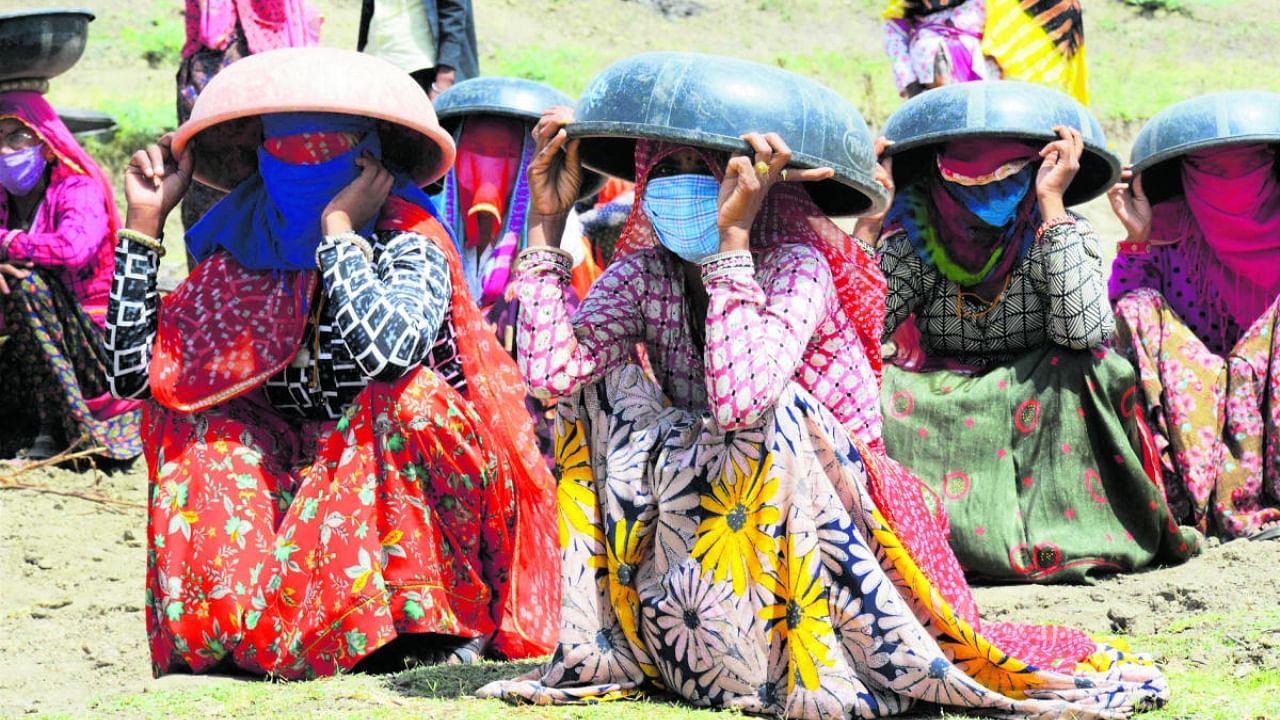
A new Centre-mandated study done by Karnataka has helped it improve the efficiency and productivity of the workers under the Mahatma Gandhi National Rural Employment Guarantee Scheme (MGNREGS).
The time and motion study, pushed by the Union Rural Development Ministry and described as a “rational way to fix work”, shifts focus from time-based monitoring to quantum of work done, aptly rewarding workers for their efforts.
“Earlier, there were gaps in implementation and any labourer present at the work site for a prescribed number of hours would be eligible for wages,” a senior official from the department said. “Now, since we have derived the quantum of work that can be done in a given period, efficiency has increased significantly.”
Some of the interesting findings include: productivity was high in regions with red and loamy soil (Mysuru, Belagavi), followed by areas with a mix of red and black soil (Kolar, Raichur); lower productivity was observed in areas with laterite soil (Dakshina Kannada) and greyish sandy loam soil (Kodagu).
Shilpa Nag, Commissioner, Rural Development (MGNREGS), said it is a win-win situation for the government and workers.
“This is a very rational and scientific way to fix work. We had observed that at a few places harsh climatic conditions were resulting in higher human exhaustion. The survey has helped us consider all these aspects and determine the quantum of work,” she said.
Officials added that the labourers were also happy with the new system.
“Eventually, we want to move out of the time-based attendance system and allow labourers to work in their comfort. This way, they can complete the work assigned to them and take up other jobs in the market,” an official said.
Based on the recommendations of the study, a 10 per cent relaxation in terms of productivity was implemented for women.
As a part of the survey, the time taken to perform 111 types of works under various climatic conditions, soil types and other observations was recorded across six districts.